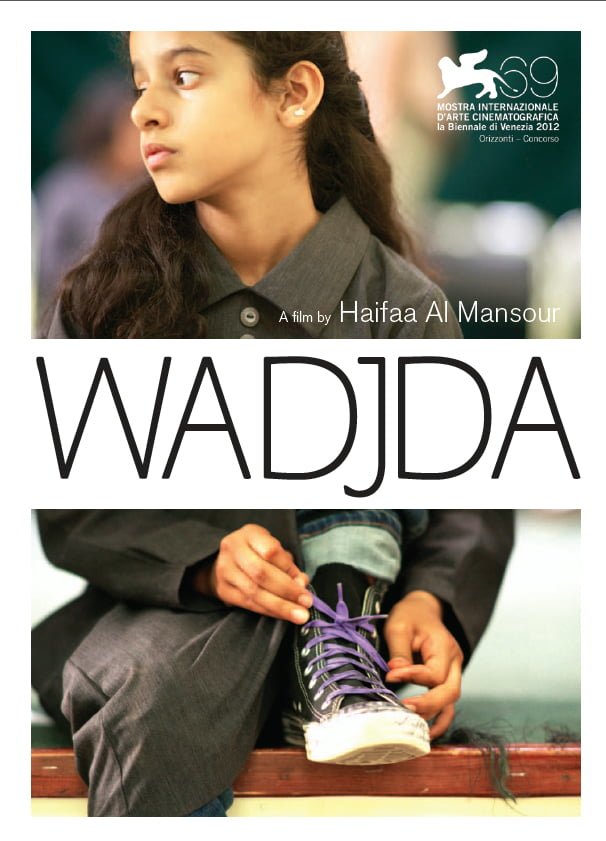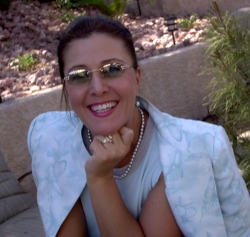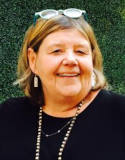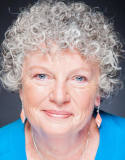Movie Review: Wadjda
Every so often a movie comes along which may have the power to change things.
“Wadjda” is such a movie.
One of the boldest and bravest films made in recent memory, Wadjda is the first movie ever shot entirely on location in the Kingdom of Saudi Arabia — a country where, baffling as it sounds, no public movie theaters exist.
Shooting a movie in a nation where the Koran stands as the law of the land required extraordinary risks, even acts of human bravery. Even more so for the film’s director, an amazing woman named Haifaa Al Mansour.
Yes, a woman.
Presumably, Al Mansour is the first (and only) female movie director from Saudi Arabia. She also wrote the screenplay. In a nation where women are forbidden by law from driving, a place where the female face must be concealed at all times while out in public, Al Mansour was forced to hide in the back of a van while her film crew set up cameras and shot scenes on the dusty streets of Riyadh, the Saudi capital.
As complex as the ordeal of filming within such a closed society must have been, the movie’s magic stems from the power of simplicity. It’s a typical coming of age story, one that undoubtedly takes place in many Islamic societies and families, where the dreams of little girls are severely constrained, and even forbidden. These little girls, who dare to dream anyway, eventually grow up to be women. Without exception, all end up conforming in Saudi Arabia. There’s no other choice. All women wear the abaya in public, the long dark shawl which covers the body from head to toe. None will mix with men out in public. No woman will drive a car. So, there’s no reason for little girls to learn to ride bicycles.
But Wadjda has a different idea.
One day, while playing out on the street with a schoolboy (children are exempt from some religious restrictions, at least until their teens), Wadjda catches glimpse of a bicycle perched on a delivery truck. She’s forced to walk everywhere she goes, while the boy enjoys the luxury of having a bike. So, Wadjda becomes determined to save enough money to buy her own bicycle, so she can ride along with her friend and keep up. This might not seem like a big deal. But it is. Especially in Saudi Arabia. Here, little girls don’t ride bikes.
There are other obstacles, too. Wadjda doesn’t have nearly enough money for the bike. Fortunately, there’s a contest at her elementary school where the student who recites the most verses from the Koran receives a cash prize. It’s enough money to buy the bicycle.
There’s a cruel irony here to watching Wadjda struggle to memorize the grotesque teachings of something she obviously doesn’t understand or necessarily believe in. This part of the film was arguably the most gut-wrenching, watching real Saudi schoolchildren (segregated, of course — boys and girls are kept in separate quarters) go through the mind-twisting rituals of forced indoctrination. From these scenes, one comes away convinced that in real Saudi society, there are lots of silent sighs and eye-rolling, although no one dares to defy authority.
Indeed, there are other ways of rebellion. Like a little girl hoping to ride a bicycle someday. And here’s where the film soars. From start to finish, Wadjda provides us with a snapshot of what daily life is probably like in Saudi Arabia for most people. In streets filled with American cars and shopping malls plentifully stocked with Western goods, this ritualized society remains shackled to the 15th century. Accordingly, Saudi life is portrayed largely as a contradiction. This is clearly the intent of director Al Mansour, who very subtly peels back the layers of the veil with each scene, through the hopes and dreams of a young girl.
Wadjda, the title character, is played by Waad Mohammed. One would guess she must have taken some serious risks to assume this role, even as a child actress. The film’s three central figures are all women, including Wadjda, her mother, and her teacher. While they each have different ideas about what constitutes happiness in Islamic culture, each also carries her own contradictions. In short, they too are human just like people everywhere else.
This film must come with a warning. It’s slow-paced and story-driven. If the filmmaker’s goal was to show the constant blandness and boredom of Saudi daily life, that mission was accomplished. Yet the film’s quiet periods are what allows us time to reflect and try to better understand a part of the world we know so little about.
Wadjda’s struggle and journey remind us all that about 600 million people in the world essentially share her plight. With about 1.2 billion people of the Islamic faith, there are a lot of little girls in other countries who long to ride bicycles.
Let’s hope that someday, Wadjda gives them that chance.











0 Comments
Trackbacks/Pingbacks